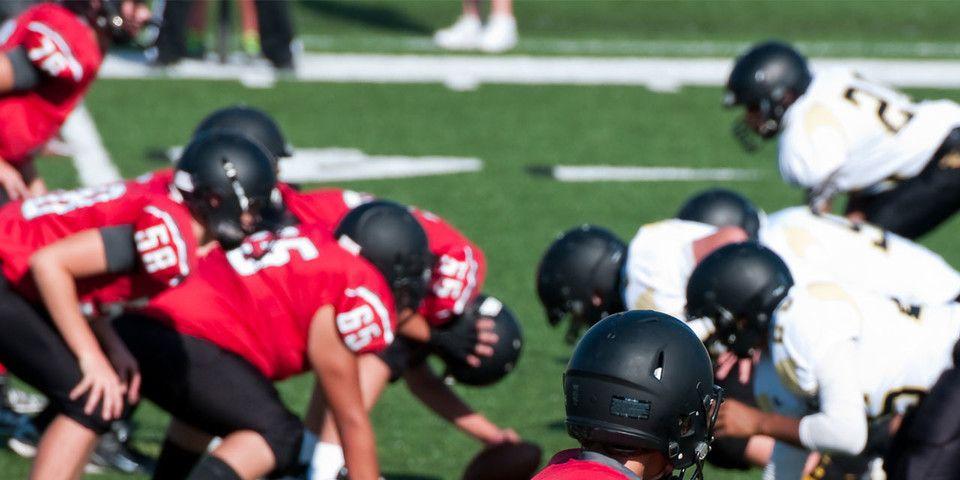Understanding Soreness and Bruising
Orthopaedic injuries and certain conditions may cause soreness and bruising.
Wintertime athletic activities are well-known to be a common cause of soreness and bruising. From downhill collisions during skiing to slips and falls on the ice while skating, there is no shortage of opportunities for traumatic injuries - and the muscle pain and bruising that result.
In fact, non-athletes likewise find themselves at risk for minor-to-major traumatic orthopaedic injuries during wintertime. The combination of hard, icy surfaces and reduced traction, make the risk of slips, trips, and falls heightened during the winter season. Exercising special caution during this time of year is essential, and will reduce your risk of injury.
The unfortunate reality, however, is that all accidents cannot be averted. If you suffer an injury and are experiencing soreness and bruising, it’s important to be familiar with the causes of these particular symptoms. Soreness and bruising are typically not a serious concern, but severe or persistent soreness or bruising may be indicative of a more serious injury or condition.
At Rothman Orthopaedic Institute, we specialize in treating the orthopaedic issues that result from a traumatic injury. Often, these issues are the source of soreness and bruising. We’ve compiled the following overview of possible causes of serious bruising and soreness symptoms that result from orthopedic injuries and conditions.
Three Causes of Severe Soreness and Bruising
If you are experiencing soreness or bruising, it’s likely that orthopedic injuries are responsible. Listed below are three typical orthopaedic injuries that commonly cause symptoms of soreness and bruising.
-
Sprains
During winter sports, athletes commonly suffer sprains. An injury resulting from a stretch or tear of the ligament, sprains typically affect the ankles, knees, and wrist and are a common injury during winter. Symptoms of soreness, bruising, swelling, and inflammation are all associated with this type of orthopaedic injury. -
Ligament Tears
Ligament tears are the most severe types of sprains; when a twist or an impact stretches and damages the ligament beyond its structural capacity, it can result in a tear. Severe tears may require bracing or reconstructive surgery in order to restore function and stability. -
Strains
Strains are similar to sprains but feature several notable distinctions. Strains affect tendons or muscles and are most common in the connective tissues of the foot, leg, and back. Patients who have experienced a strain may suffer symptoms of pain, spasms and weakness of the muscle, cramps, inflammation, muscle pain and bruising.
If you are experiencing serious symptoms of soreness and bruising, an examination by an orthopedic specialist can determine whether you have suffered a sprain, strain, ligament tear, or other orthopedic injury. Following diagnosis, treatment and recovery can promptly begin. At Rothman Orthopaedic Institute, such injuries can often be treated with nonoperative treatments, including physical therapy, medications, assistive devices, and RICE (rest, icing, compression and elevation).
In the most severe cases, reconstructive surgery may be recommended, especially in the case of ligament tears. Your orthopedic specialist will determine the best course of treatment based upon the degree of damage and the symptoms you are experiencing.
While serious injuries or the orthopaedic complications that result from them are a major cause of soreness and bruising, there are other conditions that may be responsible if you are experiencing unexplained bruising and muscle pain or if joint pain and bruising easily is a reoccurring issue for you. Patients who feature bruising unrelated to an injury should seek a consultation with their primary care physician.
There are numerous injuries that occur during the winter season which may result in soreness and bruising, all of which deserve the most effective possible treatment. If you’ve experienced an orthopaedic injury and are seeking the best care available, the doctors and specialists at Rothman Orthopaedic Institute can help. Please visit us here or contact us at 1-800-321-9999.
Related Specialties
Related Programs
-

Injury Prevention Program
The Injury Prevention Program at the Rothman Orthopaedic Institute is dedicated to the prevention of injuries from athletic participation, particularly youth sports.Read More




